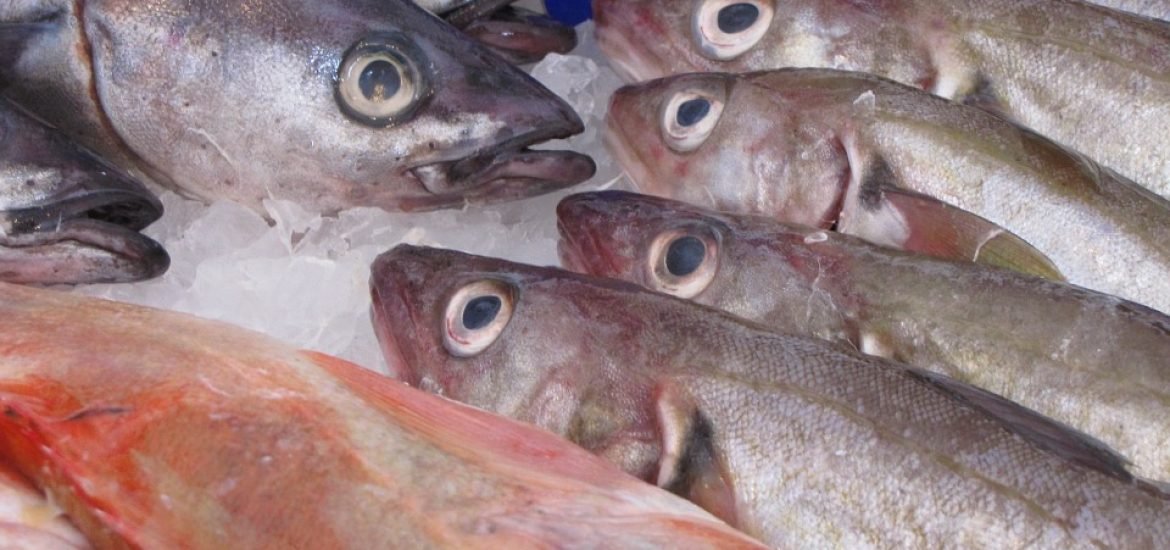
Fish that are commonly eaten, like sardines and herring, will find it very difficult to keep up with problems caused by climate change and may even face extinction as they struggle to adapt, according to a study published in Nature Climate change (1). It’s not good news for many species: not only warmer waters will eventually reduce their size, but also smaller fish will struggle to find a better environment.
Researchers from the University of Reading, UK, collaborated with a team from the Center for Advanced Studies in Arid Zones (CEAZA) in Chile to collect and analyse data for various fish species going back 150 million years. The work focussed on clupeiforms, which includes important species for fisheries, such as Pacific and Atlantic herring, South American pilchard and anchovies.
Unfortunately, it’s not good news for many fish species. Throughout evolution, fish only had to deal with temperature increases of less than 1°C per millennium. This is very different from what they’re experiencing now, with reported increases of 0.18°C per decade since the early 80s. The researchers believe this will lead the fish to get smaller and move less, caused by an increased metabolism which needs more oxygen to maintain bodily functions. After a while, these smaller fish will be less able to find a new environment as the climate changes and inevitably face extinction.
“Warming waters are a double whammy for fish, as they not only cause them to evolve to a smaller size but also reduce their ability to move to more suitable environments. Our research supports the theory that fish will get smaller as oceans warm under climate change, but reveals the worrying news that they will also not be able to evolve to cope as efficiently as first thought”, said Prof Chris Venditti, an evolutionary biologist at the University of Reading, and co-author of the study. “With sea temperatures rising faster than ever, fish will very quickly get left behind in evolutionary terms and struggle to survive. This has serious implications for all fish and our food security, as many of the species we eat could become increasingly scarce or even non-existent in decades to come.”
The study found no evidence to support the general assumption that an increase in smaller fish will lead to more species emerging because groups can be separated—quite the opposite, in fact. The team found that warmer waters could result in fewer species developing, only adding to the problems fish are facing to cope with climate change.
We already know that overfishing also causes the fish to get smaller, and this study adds climate change and warmer waters as one more pressure humans are putting on many fish species.
(1) Avaria-Llautureo, J., Venditti, C., Rivadeneira, M.M. et al. Historical warming consistently decreased size, dispersal and speciation rate of fish. Nat. Clim. Chang. (2021). https://doi.org/10.1038/s41558-021-01123-5